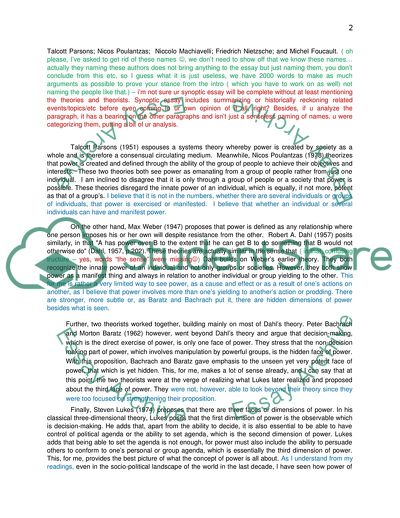Cite this document
(Researching Politics and International Relations: Power Term Paper, n.d.)
Researching Politics and International Relations: Power Term Paper. Retrieved from https://studentshare.org/social-science/1721425-researching-politics-and-ir
Researching Politics and International Relations: Power Term Paper. Retrieved from https://studentshare.org/social-science/1721425-researching-politics-and-ir
(Researching Politics and International Relations: Power Term Paper)
Researching Politics and International Relations: Power Term Paper. https://studentshare.org/social-science/1721425-researching-politics-and-ir.
Researching Politics and International Relations: Power Term Paper. https://studentshare.org/social-science/1721425-researching-politics-and-ir.
“Researching Politics and International Relations: Power Term Paper”. https://studentshare.org/social-science/1721425-researching-politics-and-ir.


